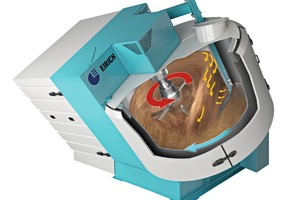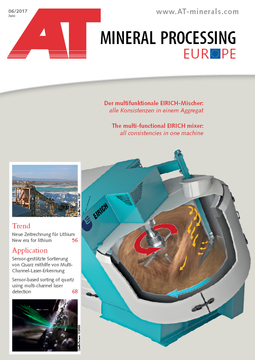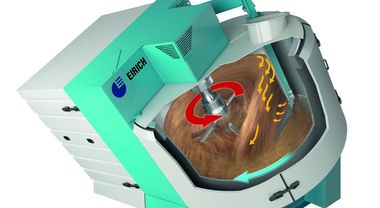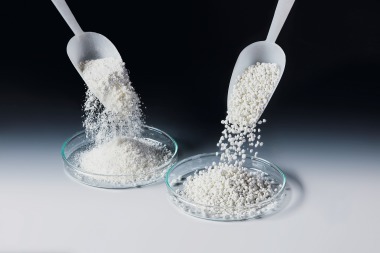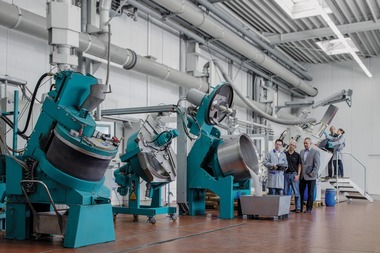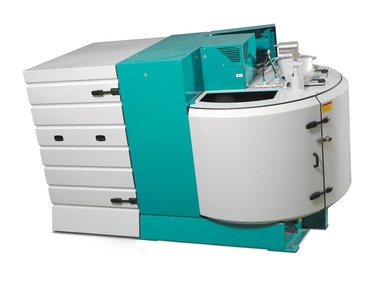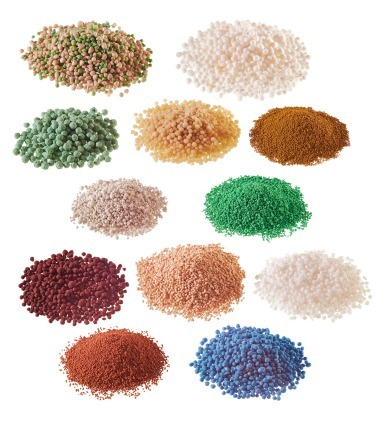EIRICH granulating technology excels in treatment of fly ash from municipal waste incineration
Residual material left over from municipal waste incineration is an integral part of today’s raw material industry. Bottom ash is a substitute raw material for civil engineering, gypsum is re-used in the construction industry and filter dust provides a source of backfill for the mining industry. The residuals have to be properly conditioned. The backfill material must be high-density, low-dust granulate. EIRICH machines have proven to be extremely effective in this type of application.
Filter dust is currently used underground for the most part, e.g. in salt mines. Filling hollow cavities in abandoned mine shafts enhances long-term stability and helps prevent subsidence. Recycling the ash and conditioned dust creates a permanent barrier which protects the biosphere by preventing contaminants from leaking into the environment. The backfill material must meet stringent criteria to ensure the long-term stability of the geomechanical system. For use as backfill material, fly ash must be converted into very low dust granulate.
The need to moisten and agglomerate dust exists in many industries to make bulk ma-terial easier to handle. Manufacturers of plough share mixers, single-shaft mixers and double-shaft mixers market their equipment for these applications. However, backfill material must meet additional requirements. To maximize space utilization in permanent underground disposal, the granulate must be as dense as possible and have high bulk density without high moisture content. Due to the inherent system characteristics, EIRICH granulating systems have substantial advantages in these applications.
EIRICH mixers used for moistening and granulating in batch or continuous processing are significantly different from other types of mixers. On models with capacities between 1 liter and 3000 liters, only a single moving tool called the rotor is needed. Machines with an effective capacity of 5000 liters have 2 rotors, and 12 000 liter mixers come with 3 rotors. High-speed, high-wear choppers are not needed. Depending on the application, tool speeds can be up to 30 m/s. This makes it possible to generate high shear forces and quickly distribute fluids. The result is uniform granulate with low moisture content. By running the process with different tools and at different speeds, grain size can be manipulated over a wide range. Granulate with d50 particle size distributions between 100 μm and 7 mm can be produced depending on the material and customer requirements.
EIRICH also has many years of experience in municipal waste incineration. Even prior to 1990, the company produced complete agglomeration systems capable, for example, of handling 10 MT/d. The optimal conditions for any particular granulation process can be determined at the Test Centers in Hardheim and EIRICH Group sites around the world.
$(LEhttp://

